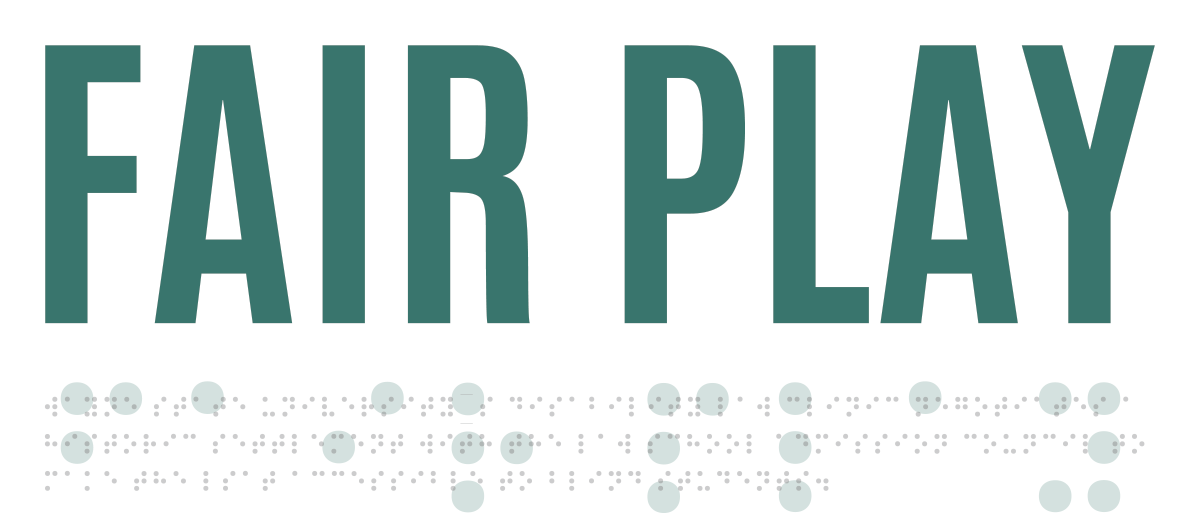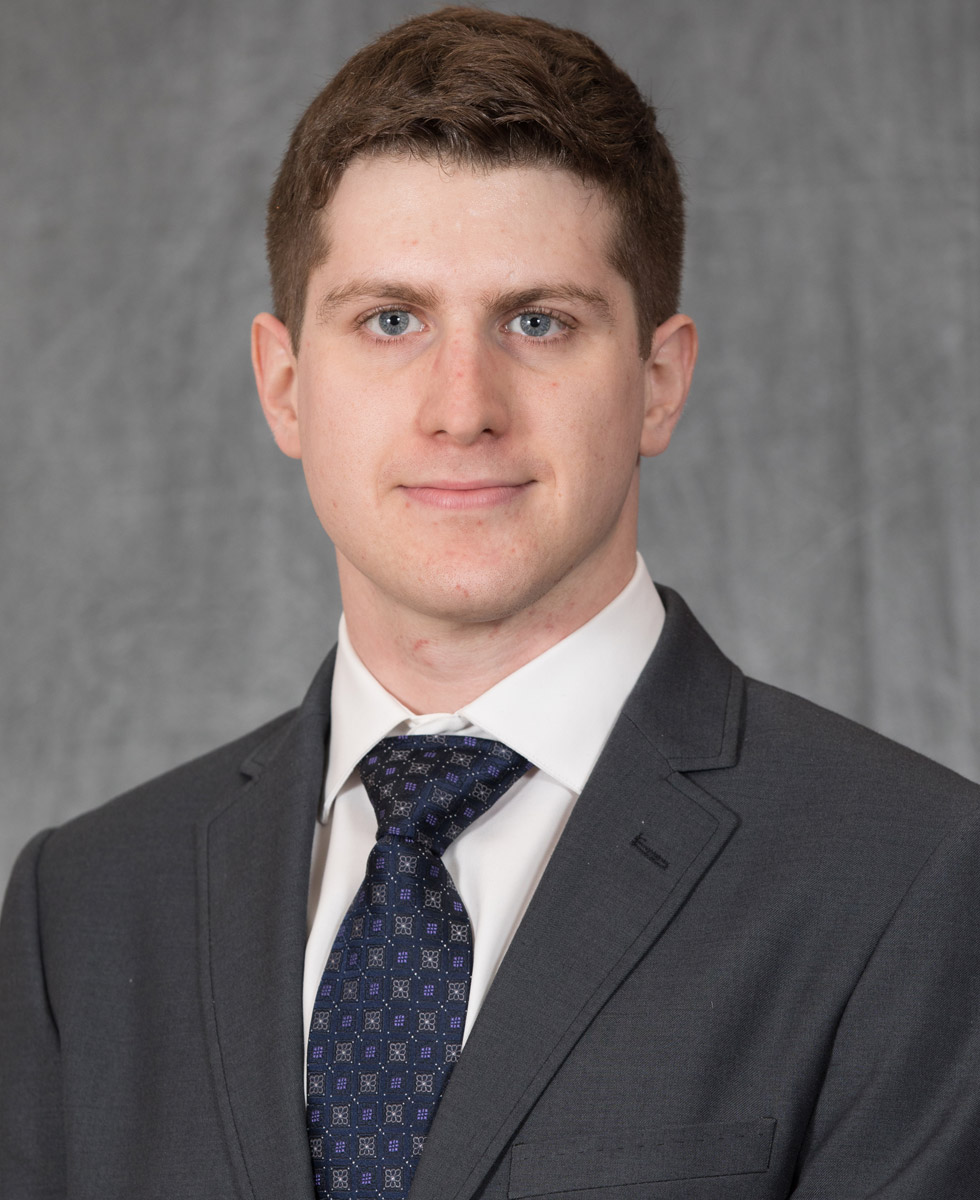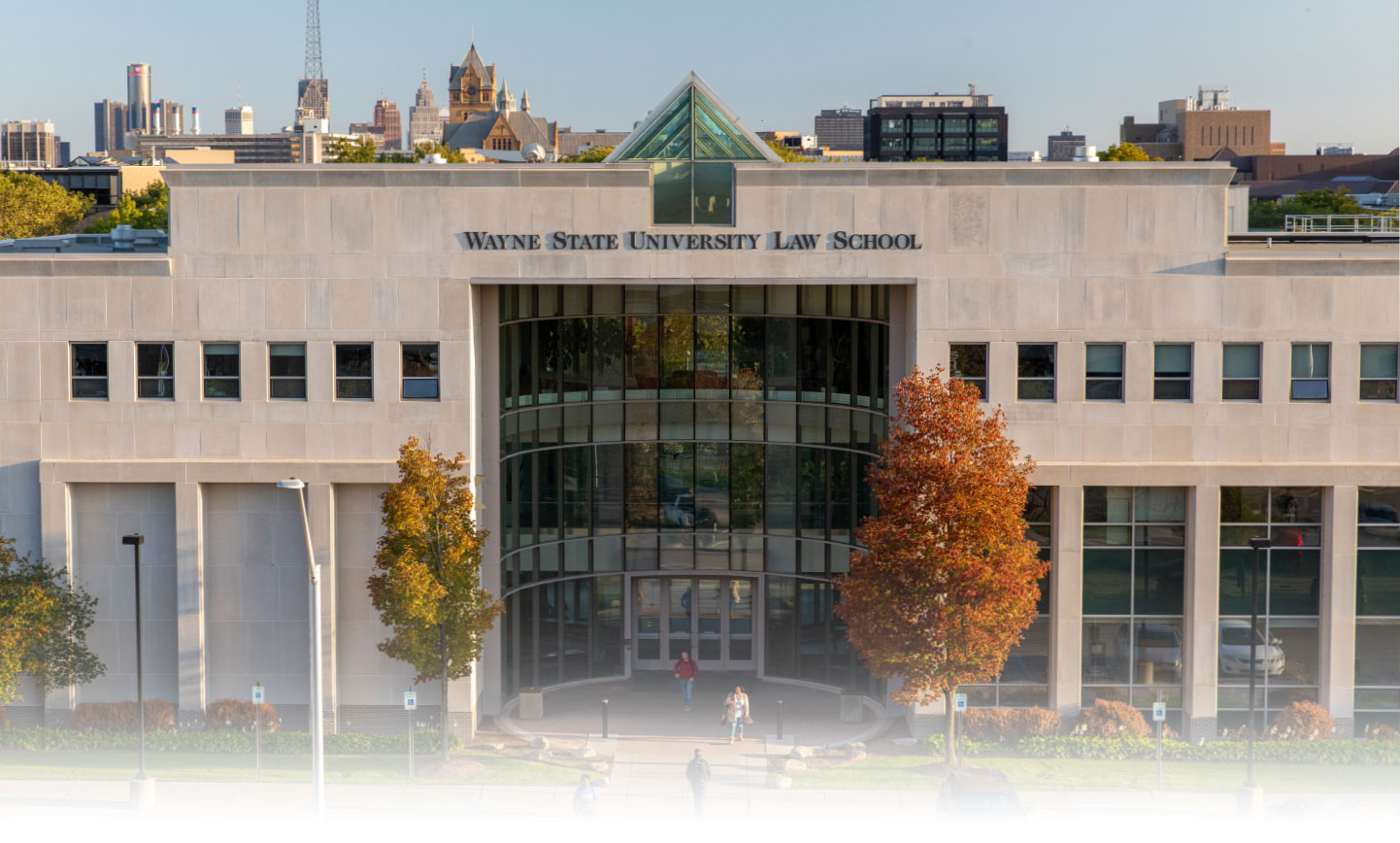
‘Show me the money’
‘Sense of responsibility guides alumnus into federal career’

Spring/Summer 2020, Volume 35, No. 1
Candyce Ewing Abbatt ’83
C. David Bargamian ’90
Maurice S. Binkow
Richard Burstein ’69
Ina C. Cohen ’74
Dianna L. Collins ’98
Krishna S. Dighe ’87
Hon. Nancy G. Edmunds ’76
Hon. Edward Ewell Jr. ’85
Tyrone C. Fahner ’68
David J. Galbenski ’93
Hon. Elizabeth Gleicher ’79
Marcy Hahn ’98
David M. Hayes ’67
David M. Hempstead ’75
Paul W. Hines ’73
Kathryn J. Humphrey ’80
Shirley A. Kaigler, LL.M. ’93
Hon. Marilyn Kelly ’71
Thomas G. Kienbaum ’68
Lawrence C. Mann ’80
E. Powell Miller ’86
Kenneth F. Neuman ’86
Michael L. Pitt ’74
Miriam L. Siefer ’75
Steven G. Stancroff ’90
Adam B. Strauss ’98
Peter Sugar ’70
Vincent Wellman
I.W. Winsten ’79
Nathaniel R. Wolf ’97
M. Roy Wilson
Marilyn Kelly, chair
Bryan C. Barnhill II
Michael Busuito
Mark Gaffney
Anil Kumar
Sandra Hughes O’Brien
Shirley Stancato
Dana Thompson
M. Roy Wilson, ex officio
This magazine is a publication of Wayne Law’s Marketing and Communications office.
Editor: Kaylee Place
Feature stories: Meg Mathis
Staff writer: Mary Hiller
Page designers: Matthew Balcer, Joseph Bowles
Contributors: Matt Lockwood; Shawn Wright; Jacob Lewkow Photography; John F. Martin
Photography; United Photo Works; Walter P. Reuther Library, Archives of Labor and Union Affairs, Wayne State University
Wayne Lawyer
© 2020 Wayne State University Law School
lawcommunications@wayne.edu
Every issue of the Wayne Lawyer begins with a message from the dean boasting about the stories to come. This letter will not be like that.
George Floyd’s murder catalyzed a long-overdue groundswell of support to confront issues of structural racism and anti-Blackness that have plagued our country for generations. In the wake of Mr. Floyd’s death, I sent a note to the Law School community sharing my own reactions and the need to do the hard work necessary for lasting and meaningful change. We have reprinted that note — lightly edited for length — below.
I do, of course, hope you will engage and enjoy the stories within this issue while taking rightful pride in the many wonderful things happening at the Law School. But it is my especially fervent hope that you will join me and all of us here in the Wayne Law community as we head down the long, difficult and critically important road of changing our school, our community, our profession and our world for the better.
Within a matter of days, the Law School took all operations virtual in response to the COVID-19 pandemic. Everything from classes and exams to staff meetings and programs — and even pet therapy — became an online activity.
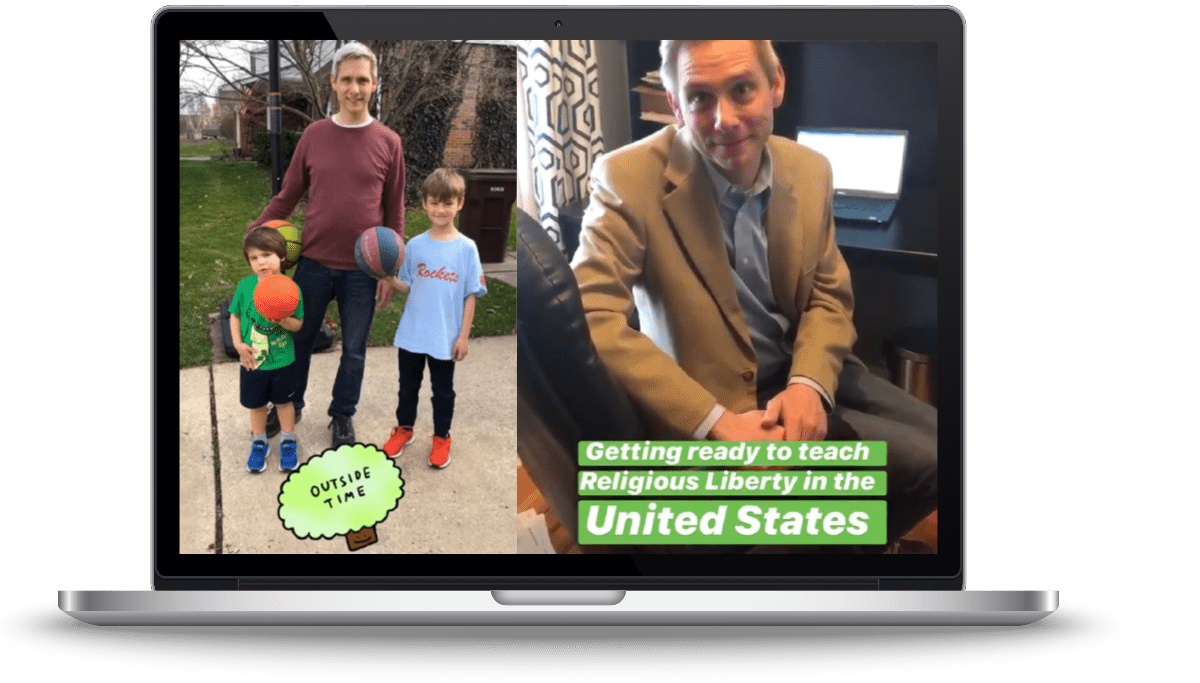
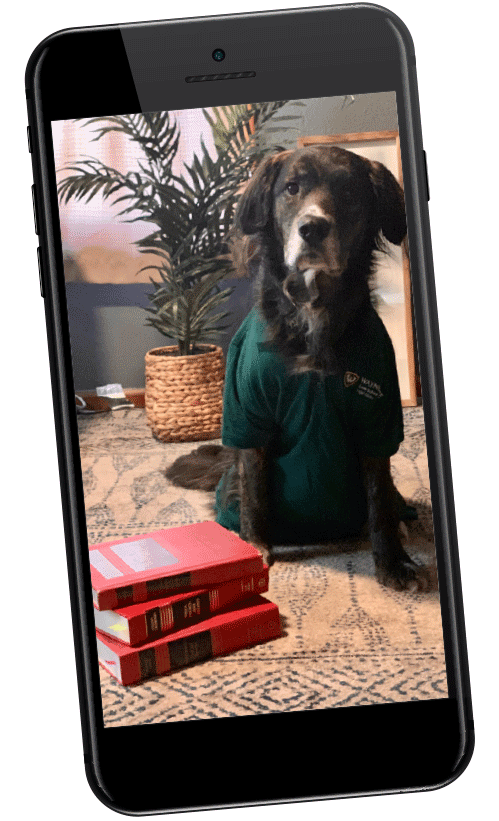
Congratulations to the winner of our virtual pet therapy contest! Ace is the faithful study companion to law student Erin Linser.
Eleven Wayne Law alumni were admitted to the Bar of the Supreme Court of the United States in October.
Dean Richard A. Bierschbach appeared in court to move for the admission of the group.
Eleven Wayne Law alumni were admitted to the Bar of the Supreme Court of the United States in October.
Dean Richard A. Bierschbach appeared in court to move for the admission of the group.
Christina DeMoore ’79
David Galbenski ’93
Joumana Kayrouz ’97
Terrence Larkin ’79
Lawrence Mann ’80
Marc Mazer ’77
Deborah Schneider ’85
in U.S. News & World Report rankings
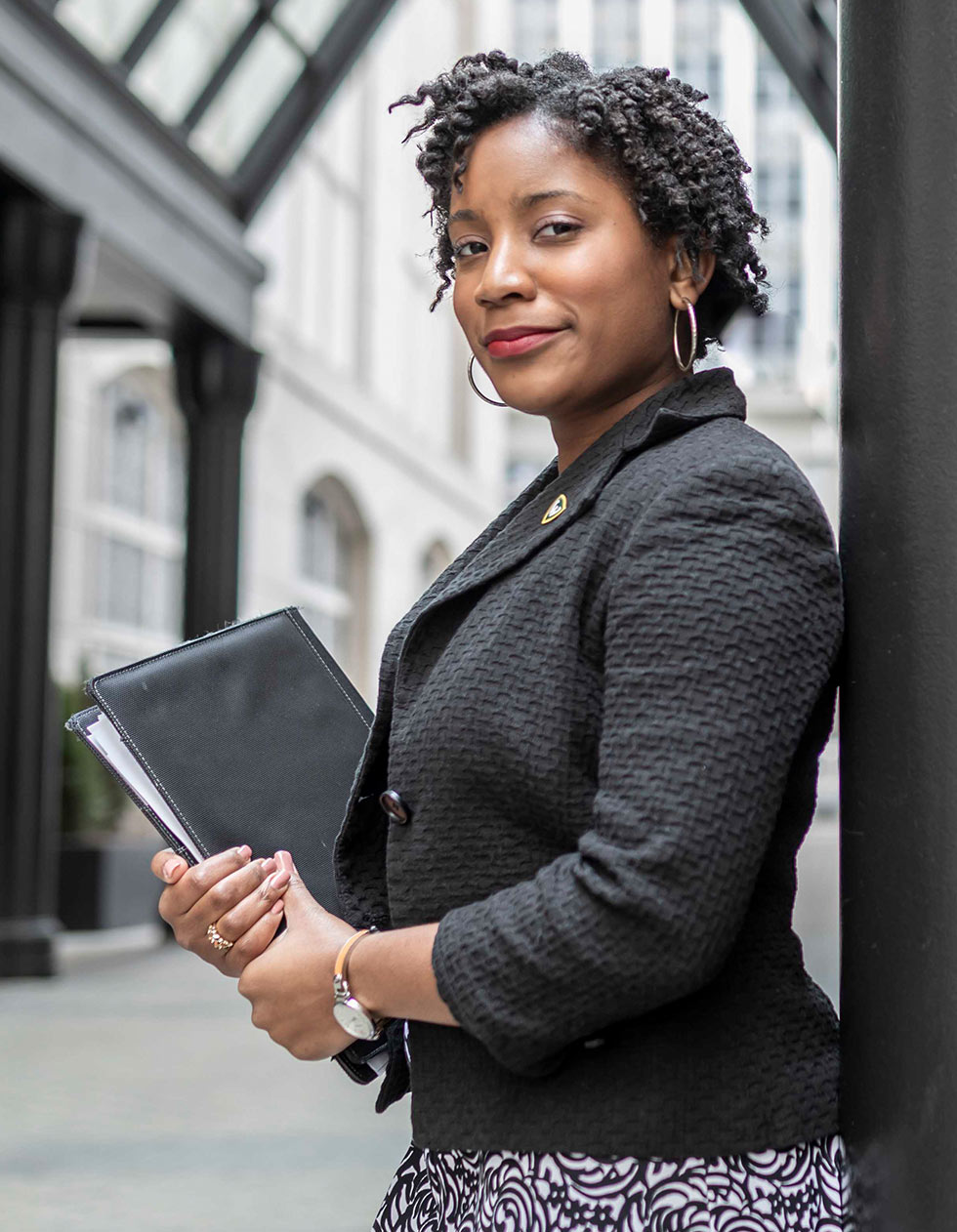
Wayne Law ranks No. 22 nationally for law schools with the lowest debt-to-starting-income ratio according to Spivey Consulting’s analysis of data compiled by Law School Transparency. The National Jurist and preLaw magazines ranked Wayne Law a Best Value Law School for the last six years.
The U.S. News & World Report rankings for law schools are based on a weighted average of 12 measures of quality, with peer assessment and placement success receiving the most weight. Other areas of analysis include median LSAT scores and incoming 1L undergraduate cumulative GPAs, acceptance rate, and reputational assessments by practicing lawyers and judges. Specialty rankings are determined based on peer assessments by law school faculty who teach in each area.
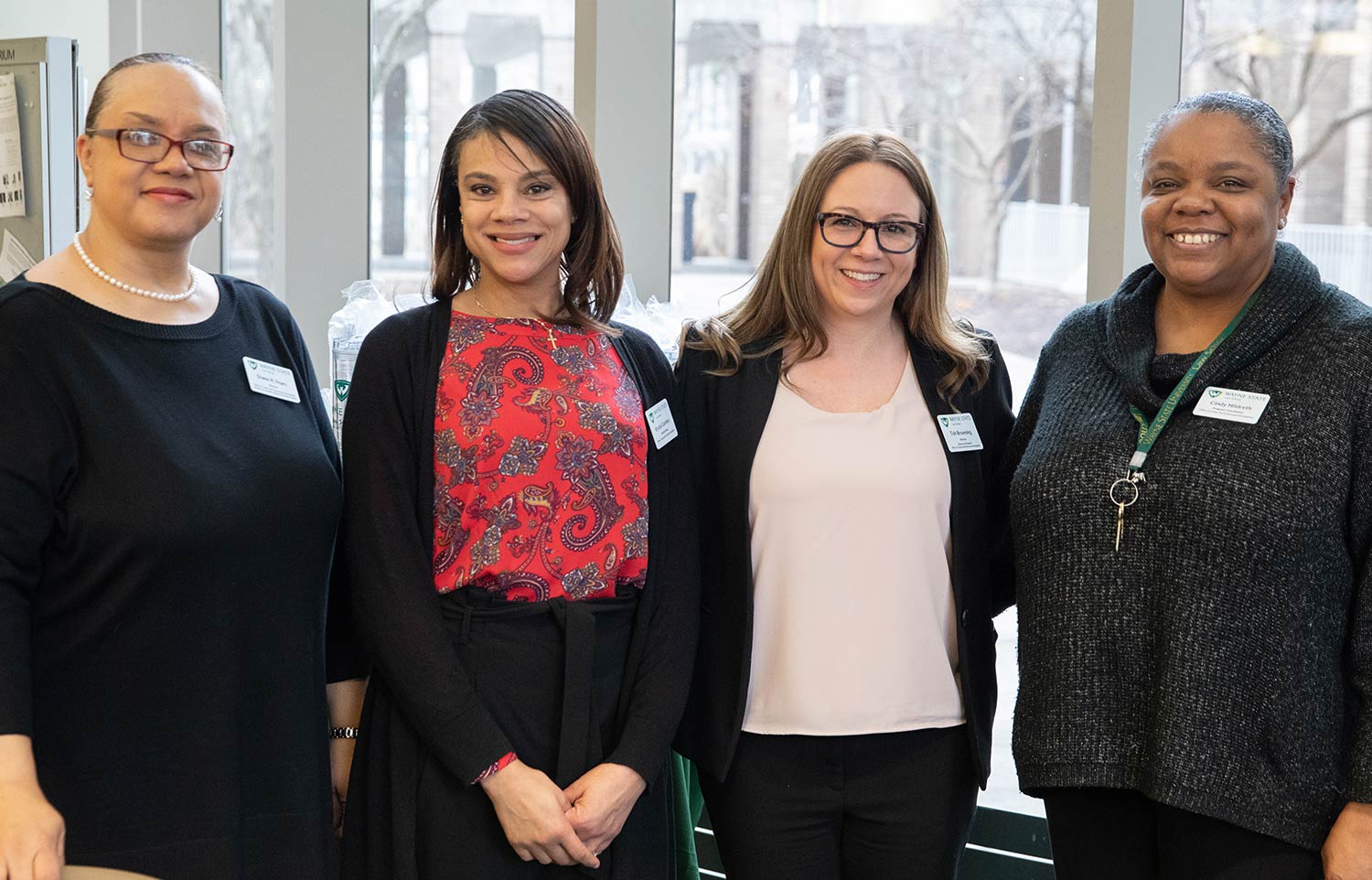
Government Career Fair
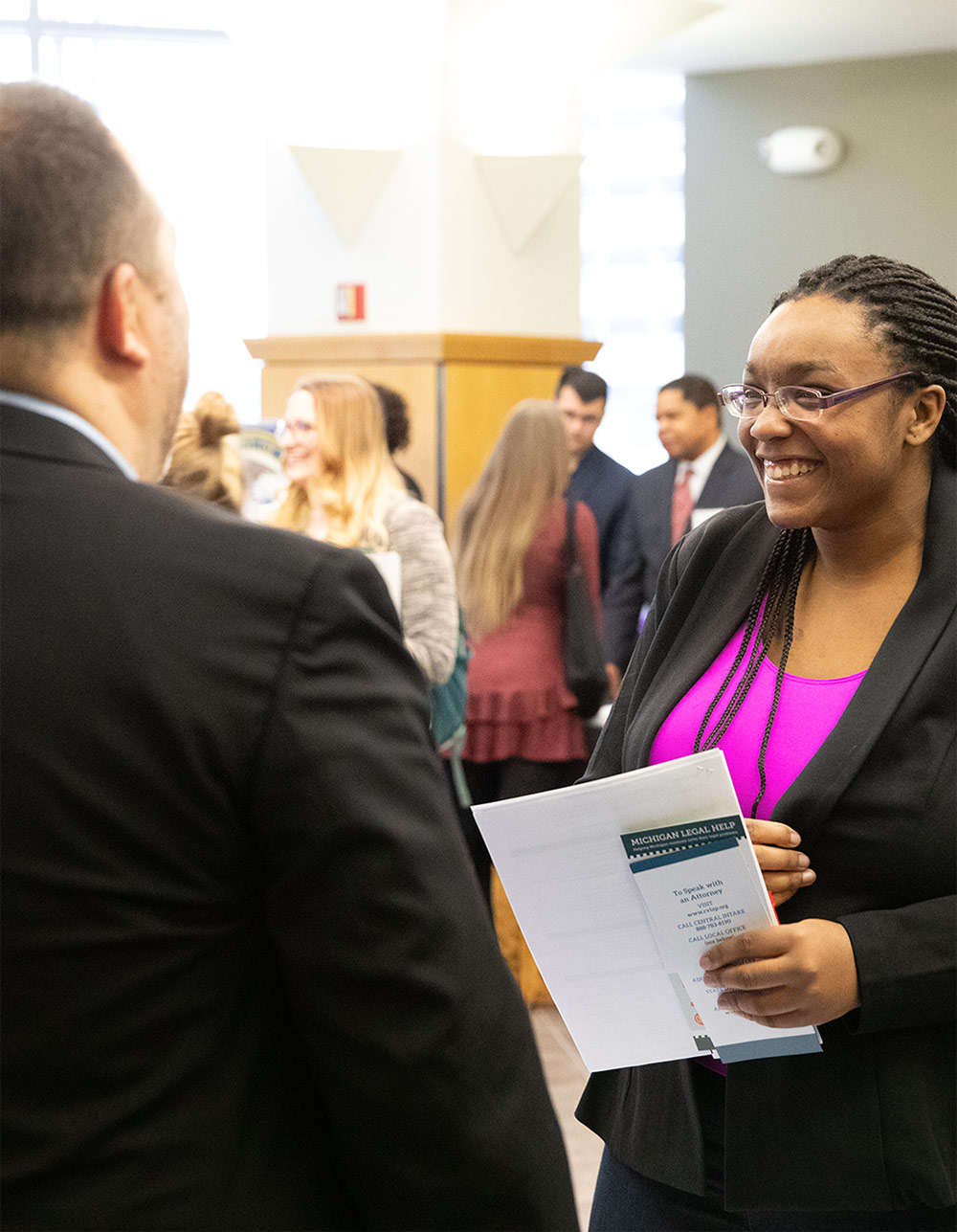
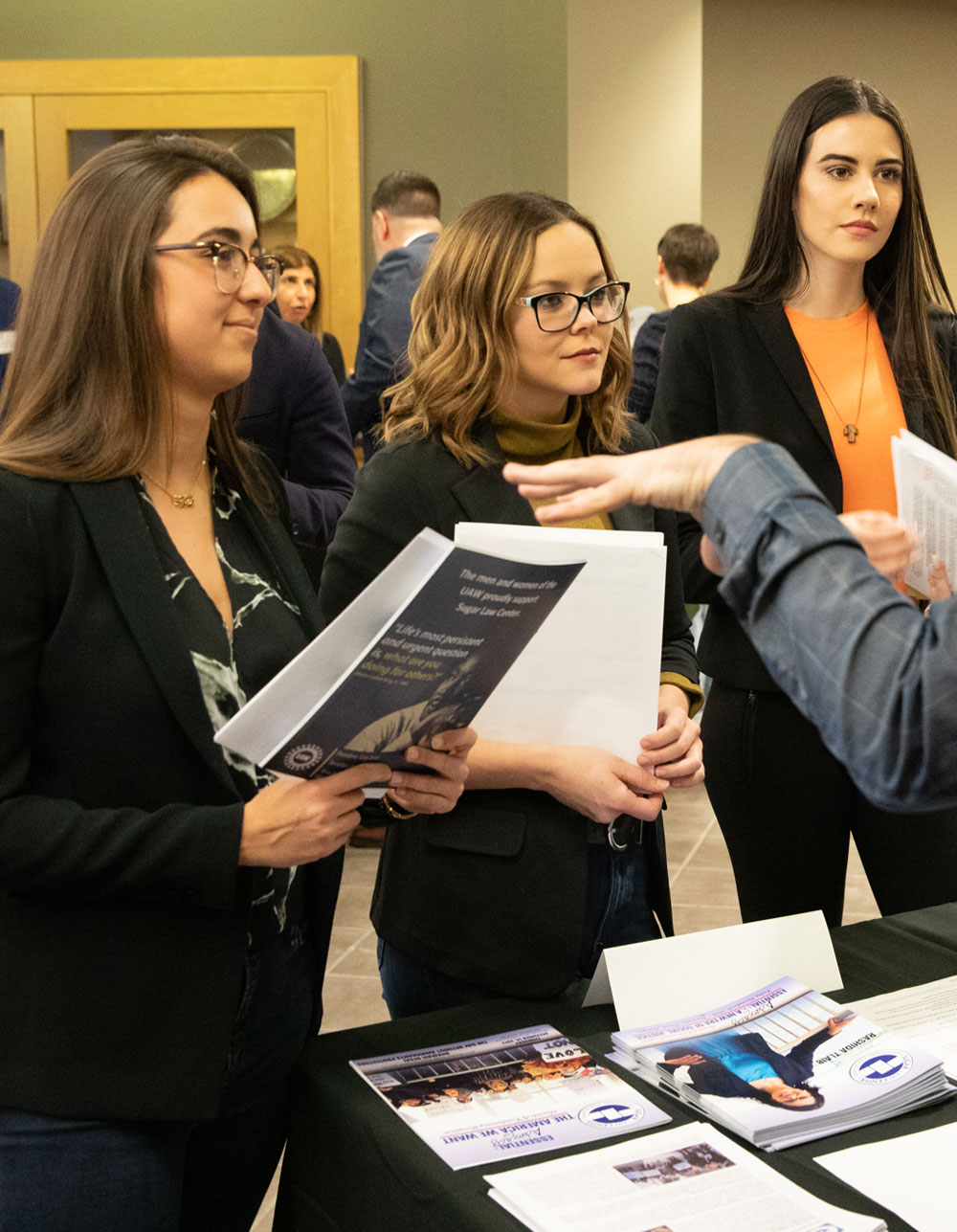
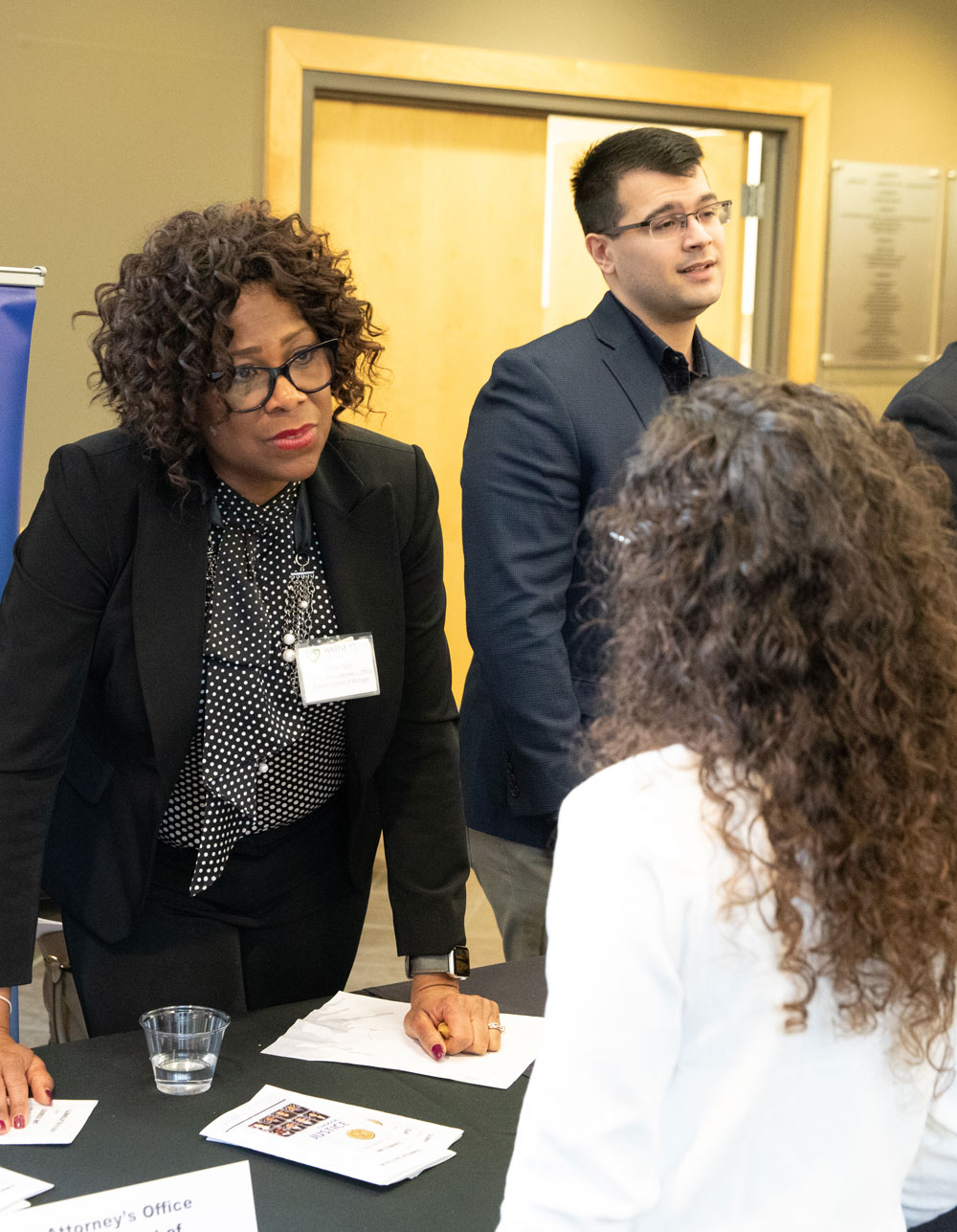
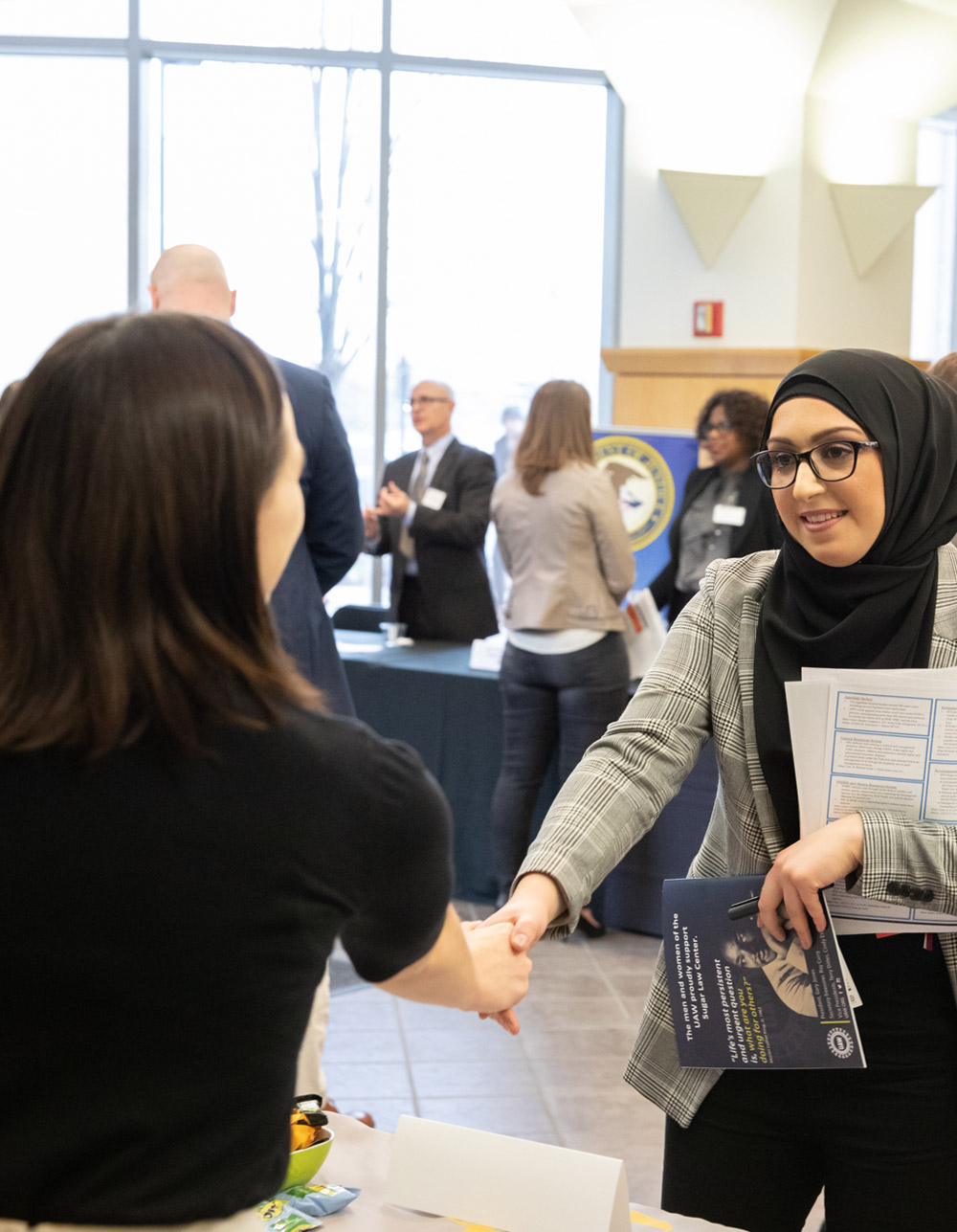
- Detroit Police Department
- Elder Law & Advocacy Center
- Family Law Project
- Farmworker Legal Services
- Federal Community Defender
- (Eastern District of Michigan)
- Freedom House
- Free Legal Aid Clinic
- Legal Aid and Defender Association
- Legal Aid of Western Michigan
- Legal Services of Eastern Michigan
- Legal Services of South Central Michigan
- Michigan Advocacy Program
- Michigan Attorney Grievance
- Commission
- Michigan Children’s Law Center
- Michigan Community Resources
- Michigan Department of
- Attorney General
- Michigan Department of Civil Rights
- Michigan Immigrant Rights Center
- Michigan Legal Help
- Michigan Poverty Law Program
- National Labor Relations Board
- Neighborhood Defender Service
- of Detroit
- Neighborhood Legal Services
- State Appellate Defender Office
- Sugar Law Center for Economic
- & Social Justice
- U.S. Attorney’s Office for the Eastern
- District of Michigan
- U.S. Office of Special Counsel
- Washtenaw County Office of
- Public Defender
- Wayne County Department of
- Corporation Counsel
- Wayne County Prosecutor’s Office
- Wayne Law Asylum and Immigration
- Law Clinic
- Wayne Law Business and Community
- Law Clinic
- Wayne Law Criminal Appellate
- Practice Clinic
- Wayne Law Disability Law Clinic
- Wayne Law Legal Advocacy for People
- with Cancer Clinic
- Wayne Law Patent Procurement Clinic
- Wayne Law Student Voluntary
- Pro Bono Program

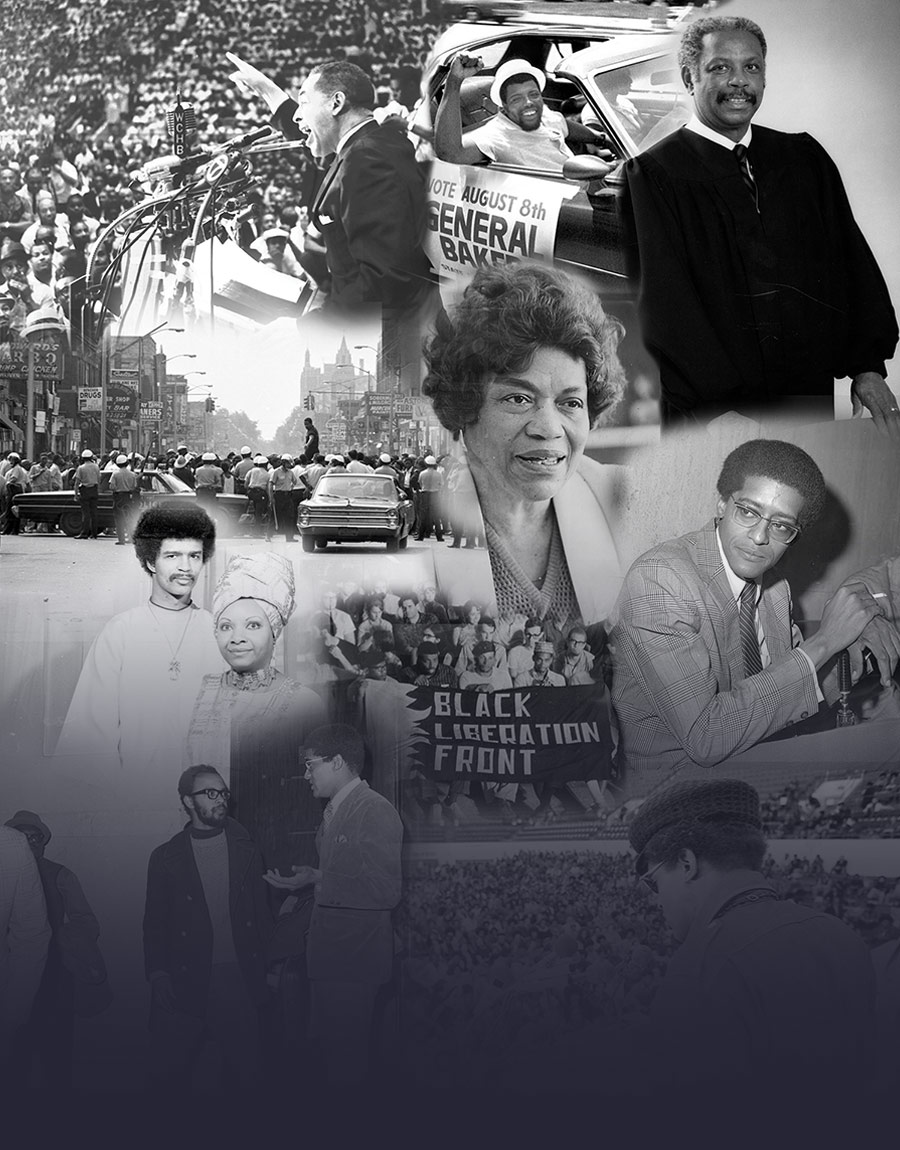

■ levin center
legislative oversight across the country
The Levin Center at Wayne Law commissioned a study of each state legislature’s capacity to conduct oversight of its executive branch and the extent to which each state uses that capacity. The study was conducted by the Center for Urban Studies at Wayne State University.
The analysis focuses on six dimensions of legislative oversight: analytic bureaucracies, the appropriations process, committees, the administrative rules process, advice and consent, and monitoring of state contracts.
Using these dimensions, an overall rating was created of the capacity for and the use of oversight in each state. Below is a snapshot of the findings.
This is the first comprehensive study of all 50 states’ oversight authority and how they use that authority.
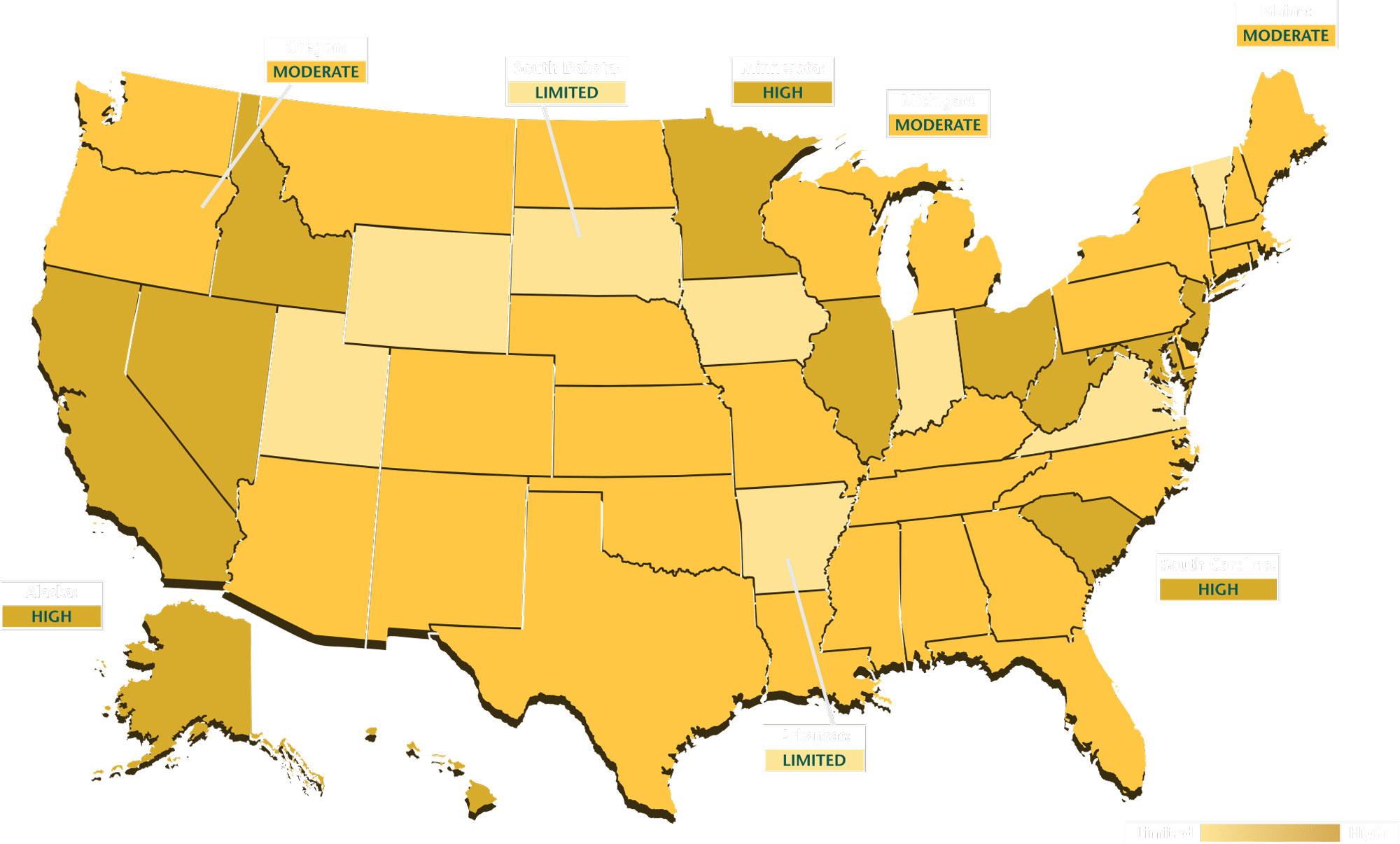

Dana Nessel ’94 is reflecting on human rights — which, under her leadership, is at the very heart of the Michigan attorney general’s office.
“Irrespective of your race, religion, national origin, ethnicity, sexual orientation, gender identity, income, geography, we are all deserving of the same rights and protections,” she continues. “It’s particularly important that the Michigan attorney general be an advocate for all people.”
“I hope that it was something that was inspiring to people who believed that they would never be considered equal in the eyes of their peers or by society as a whole,” she says of the election. “But more than anything, I think it shows that people care more about what your message is and what things you commit to doing in the office for which you’re running than the gender of the person you’re married to.”
■ disability law clinic

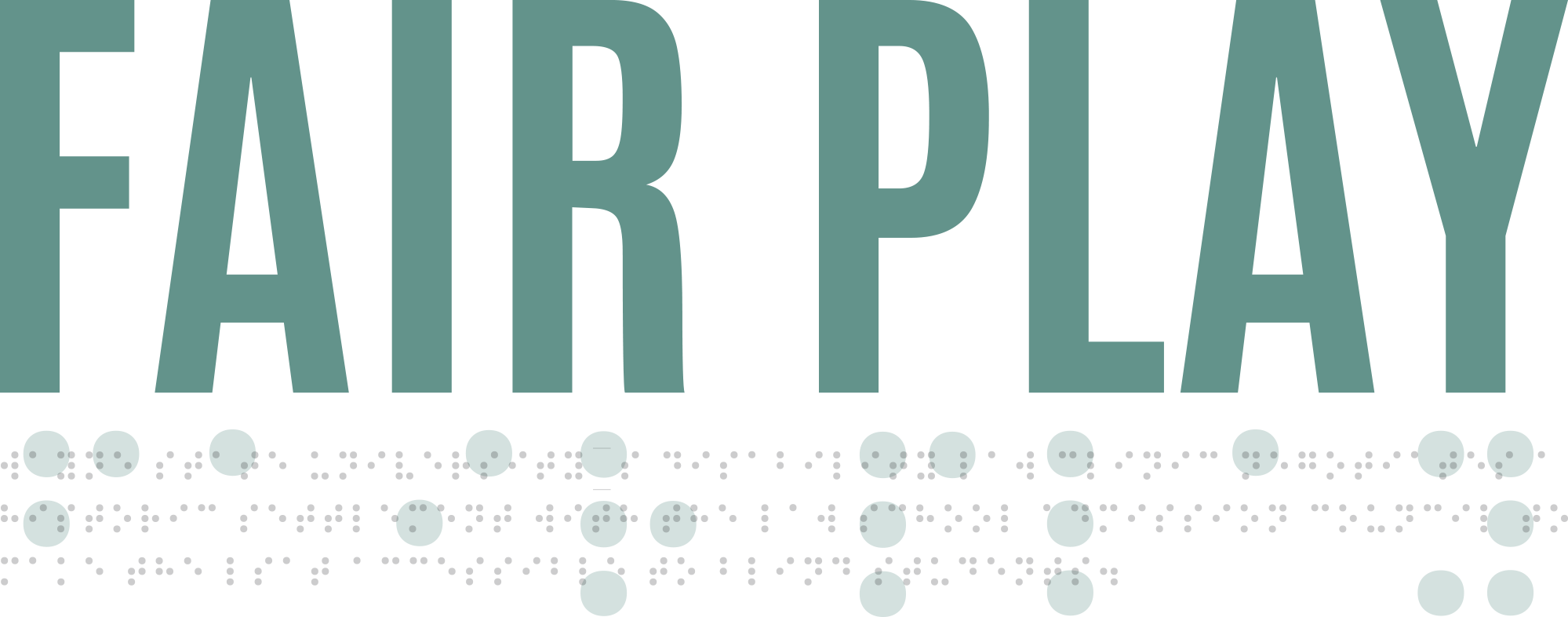
With a bachelor of arts in political science he earned from Wayne State in 2004, Binno naturally found himself preparing for the Law School Admission Test (LSAT). But he grew increasingly frustrated with his results.
“No matter how long I studied,” says Binno, “I couldn’t pass the logic games section.”
That section — also referred to as the analytical reasoning portion of the LSAT, which is one of four sections used in computing the test score — is comprised of word problems that, in most cases, are solved only after the test taker creates a picture.
Oral arguments were originally scheduled for April 2-4 in Chicago but were canceled due to the coronavirus pandemic.
Competitors on the first team were Kayce Nieto, Benjamin Wu and brief writer Meagan Dreher, who took home the award for fourth-best brief in the nation. Competitors on the second team were Jeffrey Hewlett, Emma Trivax and brief writer Elyse Lisznyai.
One of the most prestigious moot court competitions in the country, the ABA’s National Appellate Advocacy Competition emphasizes the development of oral advocacy skills through a realistic appellate advocacy experience.
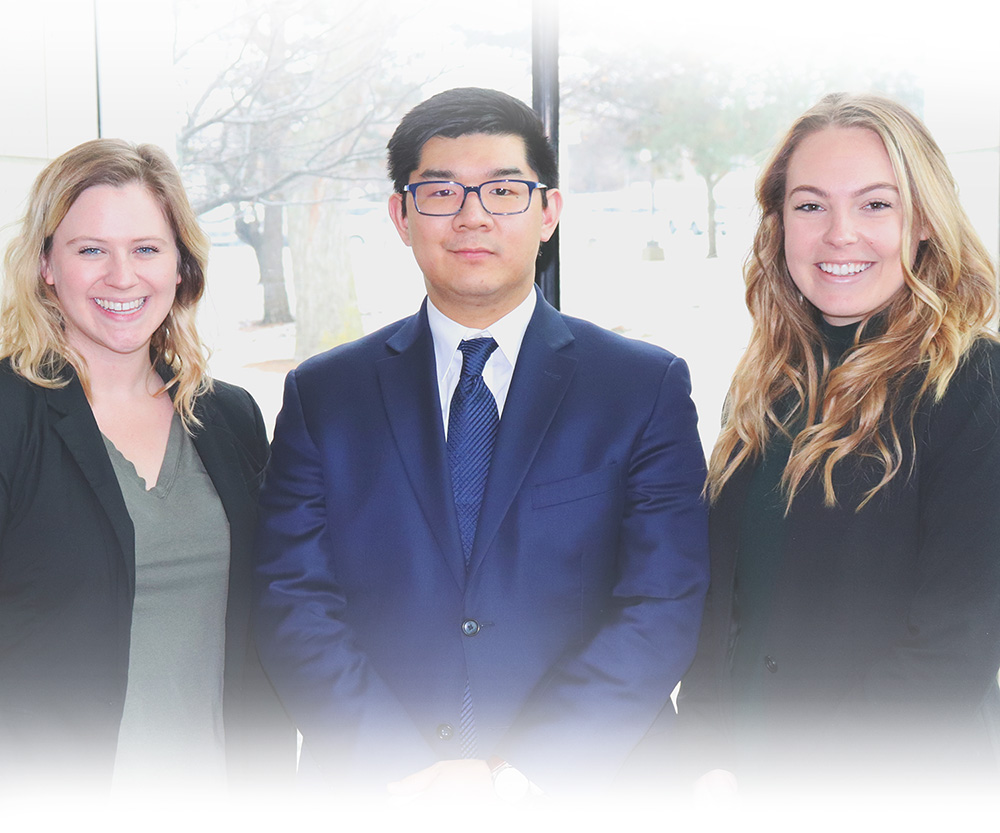
Oral arguments were originally scheduled for April 2-4 in Chicago but were canceled due to the coronavirus pandemic.
Competitors on the first team were Kayce Nieto, Benjamin Wu and brief writer Meagan Dreher, who took home the award for fourth-best brief in the nation. Competitors on the second team were Jeffrey Hewlett, Emma Trivax and brief writer Elyse Lisznyai.
One of the most prestigious moot court competitions in the country, the ABA’s National Appellate Advocacy Competition emphasizes the development of oral advocacy skills through a realistic appellate advocacy experience.
- Marie Carp – Senate Homeland Security and Governmental Affairs Committee (Sen. Gary Peters, D-MI)
- Nicholas Jakymowych – House Energy and Commerce Committee/Oversight and Investigations Subcommittee (Rep. Brett Guthrie, R-KY)
- Katelyn Maddock – House Committee on Oversight and Reform/Environment Subcommittee (Rep. Harley Rouda, D-CA)
- Steven Nelson – Senate Permanent Subcommittee on Investigations (Sen. Tom Carper, D-DE)
- Jacob Stropes – Senate Homeland Security and Governmental Affairs Committee (Sen. Gary Peters, D-MI)
MONIQUE EUBANKS AND EDWIN PINER
the
money
But that didn’t stop the two Wayne Law students from teaming up to compete in the sixth annual Professional Football Negotiation Competition, held Jan. 23-25 at Tulane University Law School in New Orleans. The competition is a simulated contract negotiation using real-life scenarios and actual upcoming NFL free agents to sharpen participants’ negotiation skills, as well as their knowledge of actual NFL contracts.
A total of 48 teams representing 39 schools from across the United States and Canada took part in the 2020 competition. After pulling an all-nighter to prepare, Eubanks and Piner advanced to the semifinals, ultimately finishing among the top four teams.
“Although we did not win, we were provided great feedback and ways to improve from A.J. Stevens [coordinator of football administration] of the Tampa Bay Buccaneers,” Piner said. “The competition was also a great bonding experience for us. We became a team, in every sense of the word.”
Alexis Barbacci
Jacob Bolton
Danielle Chidiac
Benjamin Dietlin
Zakary Drabczyk
Priscilla Ghita
Samuel Hess
Brian Markham
Patrick Masterson
Paul Matouka
Jarred Pickering
Ryan Rosenberg
Mitchum Tibbs
Anna Transit
Emma Trivax
Benjamin VanderWerp
leading antitrust board
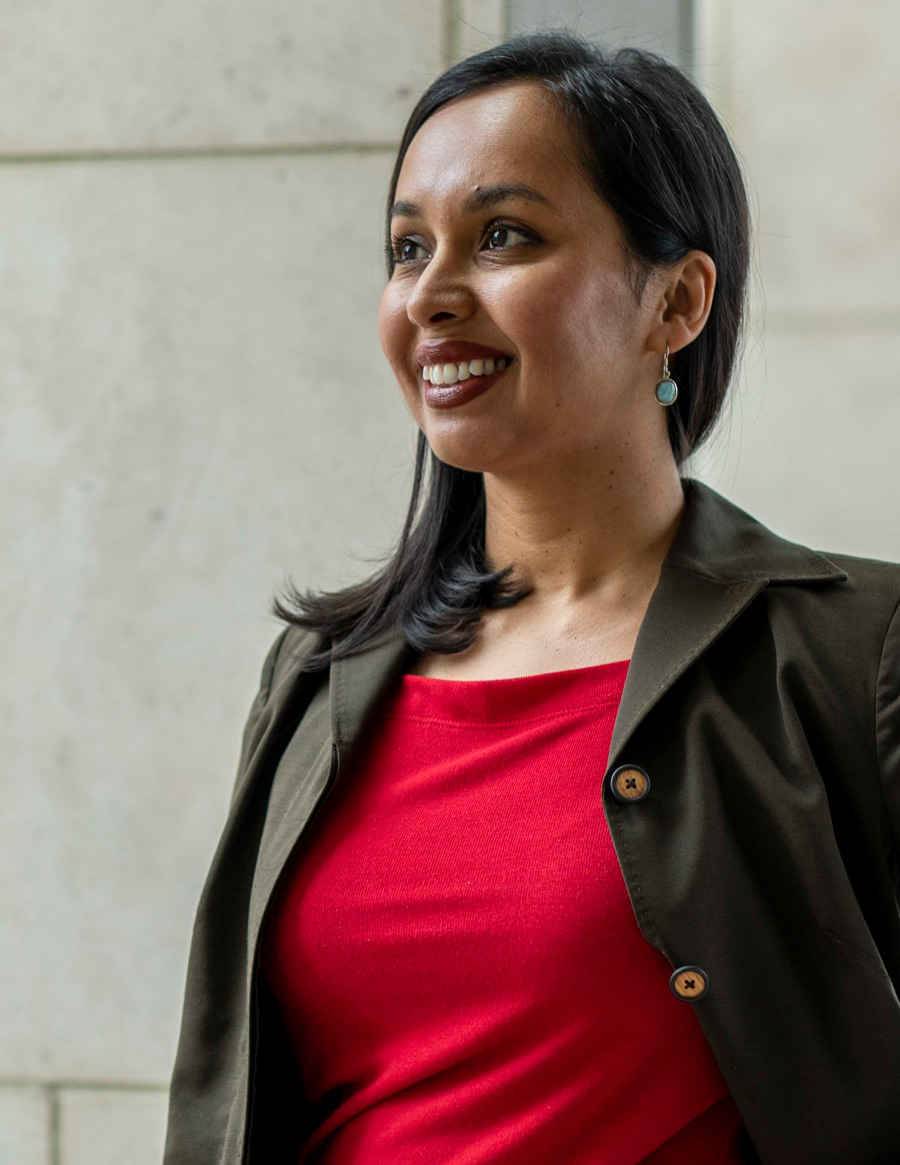
Paul, who studies antitrust and labor regulation, joins six other law professors and researchers well-known for their work in antitrust, communications law, labor and employment law, and intellectual property law; three prominent economists from Spain, the United States and the United Kingdom; and two leading public advocates.
According to its website, Open Markets Institute uses research and journalism to expose the dangers of monopolization; identifies changes in policy and law to address them; and educates policymakers, academics, movement groups and other influential stakeholders to establish open, competitive markets that support a strong, just and inclusive democracy.
Last fall, Paul testified before the U.S. House of Representatives Subcommittee on Antitrust, Commercial and Administrative Law on the subject of Antitrust and Economic Opportunity: Competition in Labor Markets.
COVID-19 town hall series
Gable is an internationally respected expert on public health law. In addition to working with the Centers for Disease Control and Prevention, the World Health Organization, and the Michigan Department of Health and Human Services, he has also worked as a human rights consultant for the Pan American Health Organization.
Other speakers included:
- Samuel Bagenstos, University of Michigan Law School
- Mary Crossley, University of Pittsburgh School of Law
- Peter Hammer, Wayne State University Law School
- Anthony Kreis, Chicago-Kent College of Law
- Matthew Seeger, Wayne State University
College of Fine, Performing and Communication Arts - Kathryn Smolinski, Wayne State University Law School
- Lindsay Wiley, American University Washington College of Law
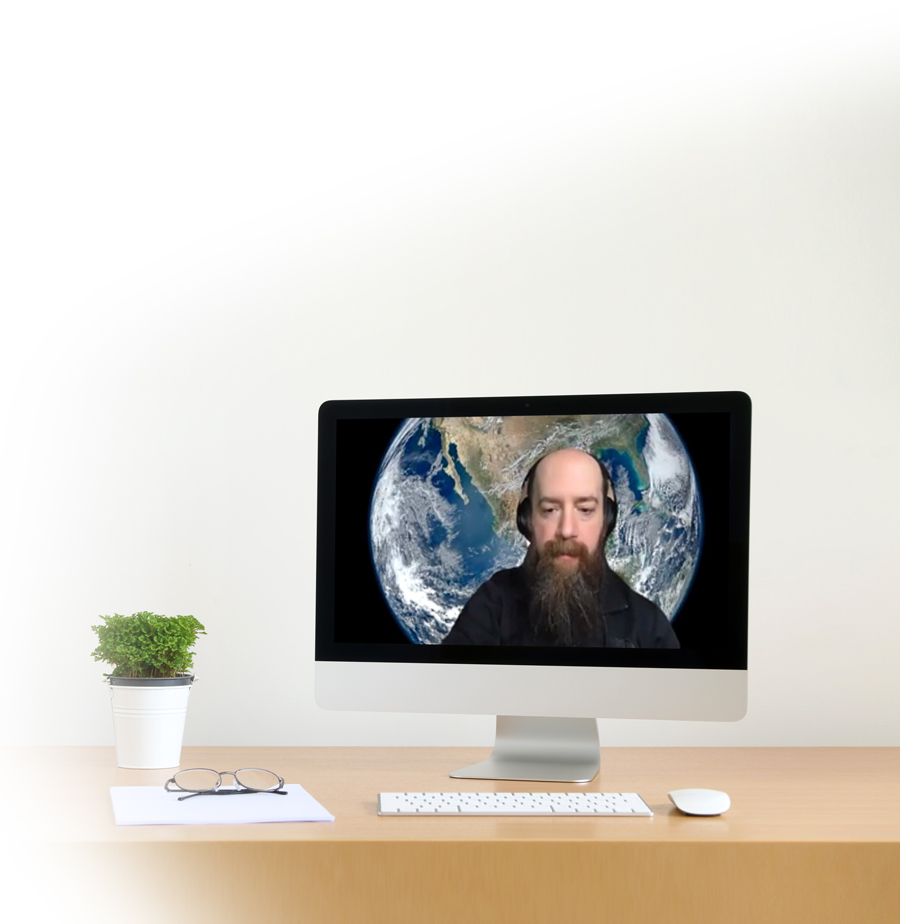

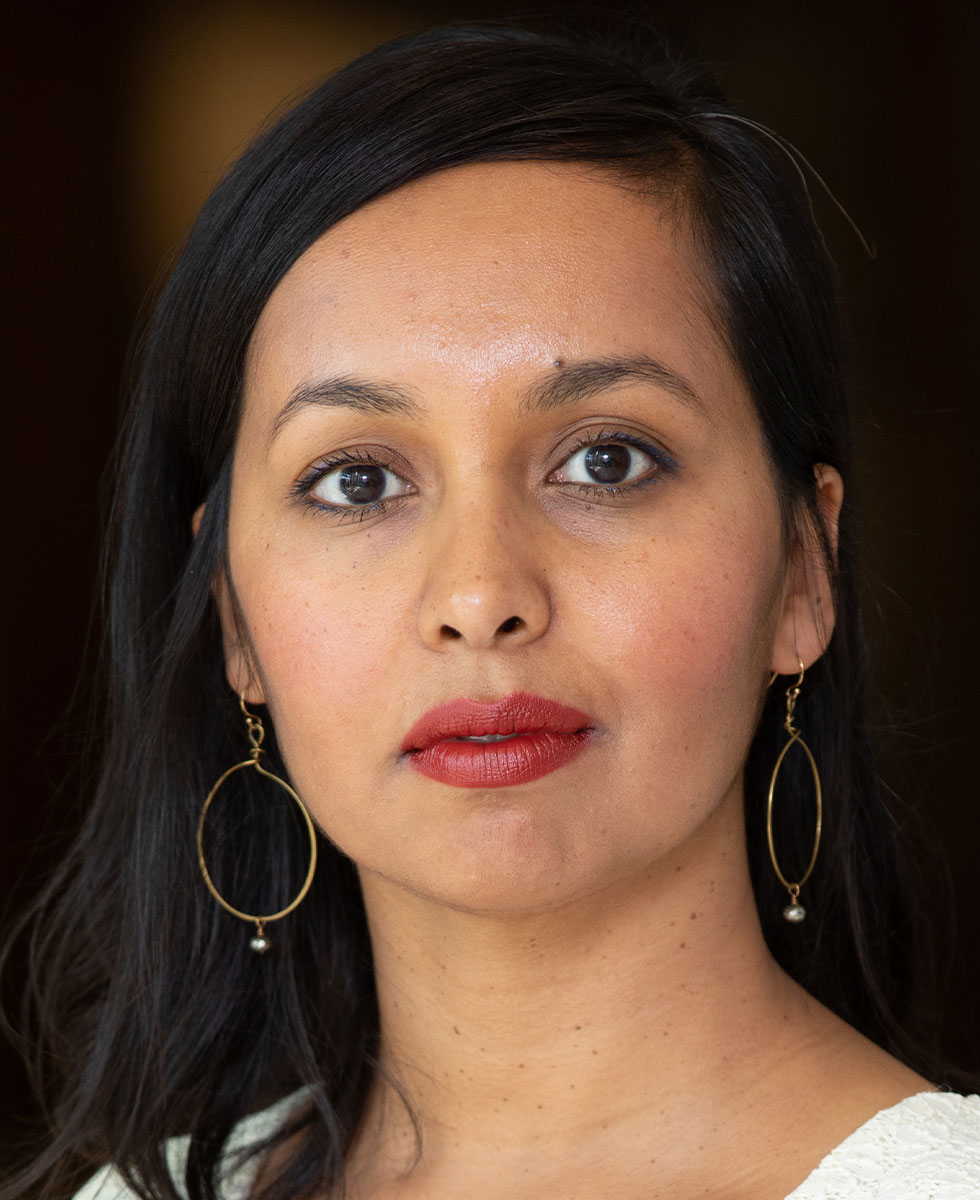
- Antitrust as Allocator of Coordination Rights, 67 UCLA L. Rev. (forthcoming 2020)
- Solidarity in the Shadow of Antitrust: Labor & the Legal Idea of Competition, Cambridge University Press (forthcoming 2020)
- Fissuring and the Firm Exemption, 82 Law & Contemp. Probs. 65 (2019)


The 2005 Wayne Law graduate is counsel to the inspector general for the Corporation for National and Community Service Office of Inspector General (CNCS-OIG). This is the federal agency that engages Americans in service and volunteerism in the United States through its grant-making efforts and is home to programs like AmeriCorps.
Each federal agency’s office of inspector general is responsible for preventing and detecting fraud, waste, abuse and mismanagement in the agency’s programs and operations, and Ravas is involved in almost every aspect of that work.
The 2005 Wayne Law graduate is counsel to the inspector general for the Corporation for National and Community Service Office of Inspector General (CNCS-OIG). This is the federal agency that engages Americans in service and volunteerism in the United States through its grant-making efforts and is home to programs like AmeriCorps.
Each federal agency’s office of inspector general is responsible for preventing and detecting fraud, waste, abuse and mismanagement in the agency’s programs and operations, and Ravas is involved in almost every aspect of that work.
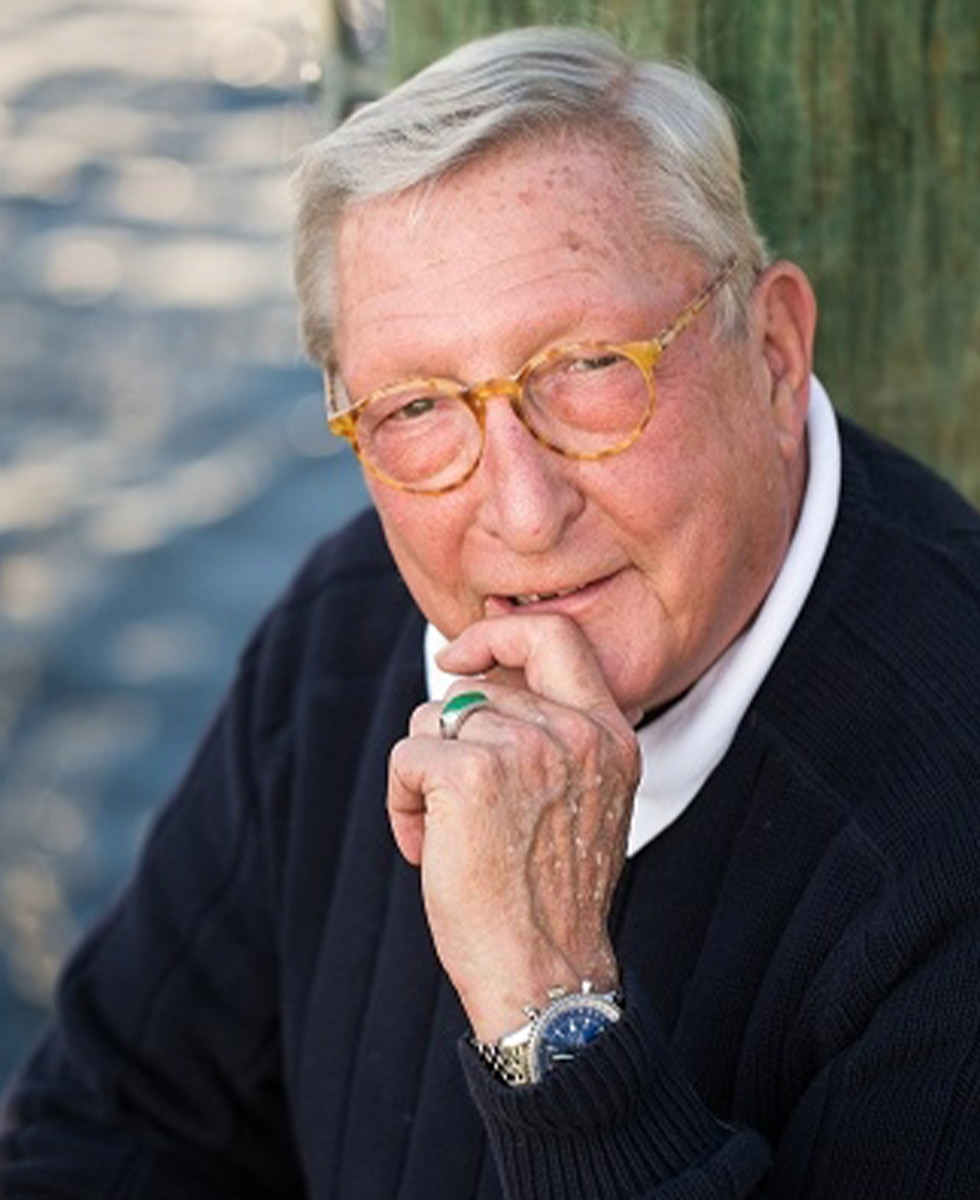
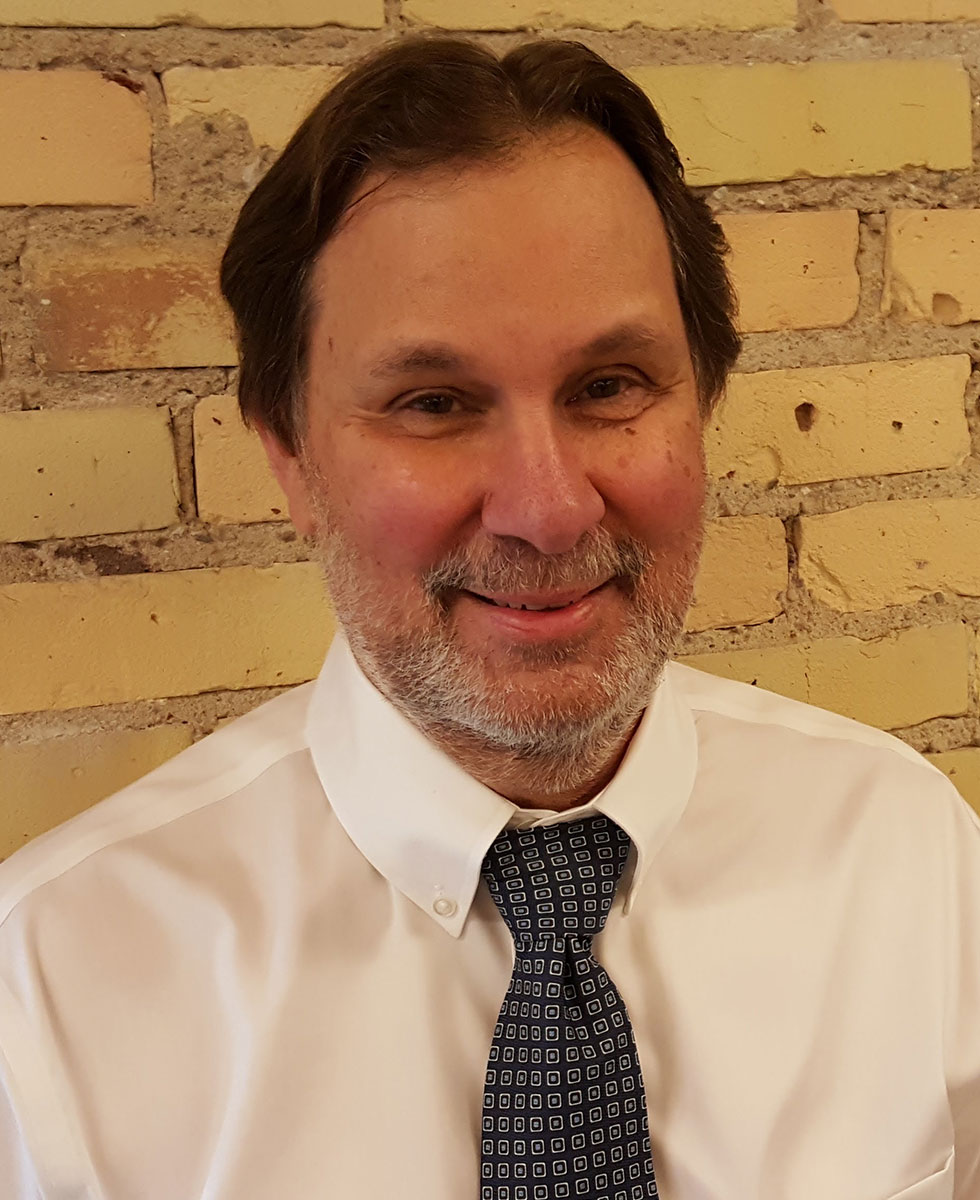
L. Graham Ward ’72, was selected for Western Michigan University Cooley Law School’s Frederick J. Griffith III Adjunct Faculty Award. The award recognizes dedication to the law school, excellence in teaching, passion for persuasive advocacy, compassion for law students…
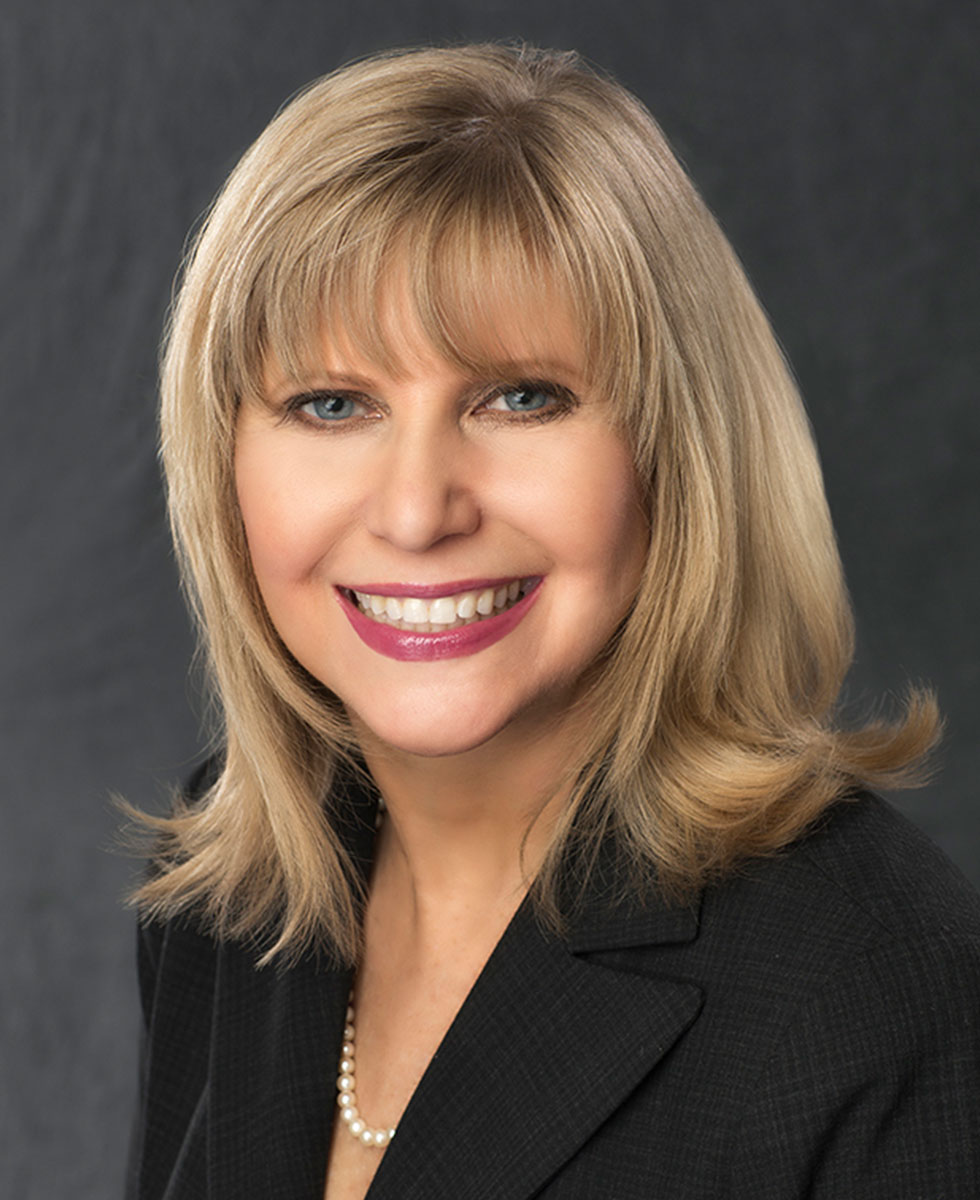
Patricia Nemeth ’84, was named a recipient of the Michigan Defense Trial Counsel (MDTC) Excellence in Defense Award for 2020. MDTC is an association of the leading lawyers in Michigan dedicated to representing individuals and corporations in civil litigation. Nemeth is founder of Nemeth Law PC and earned her bachelor’s from the University of Michigan.
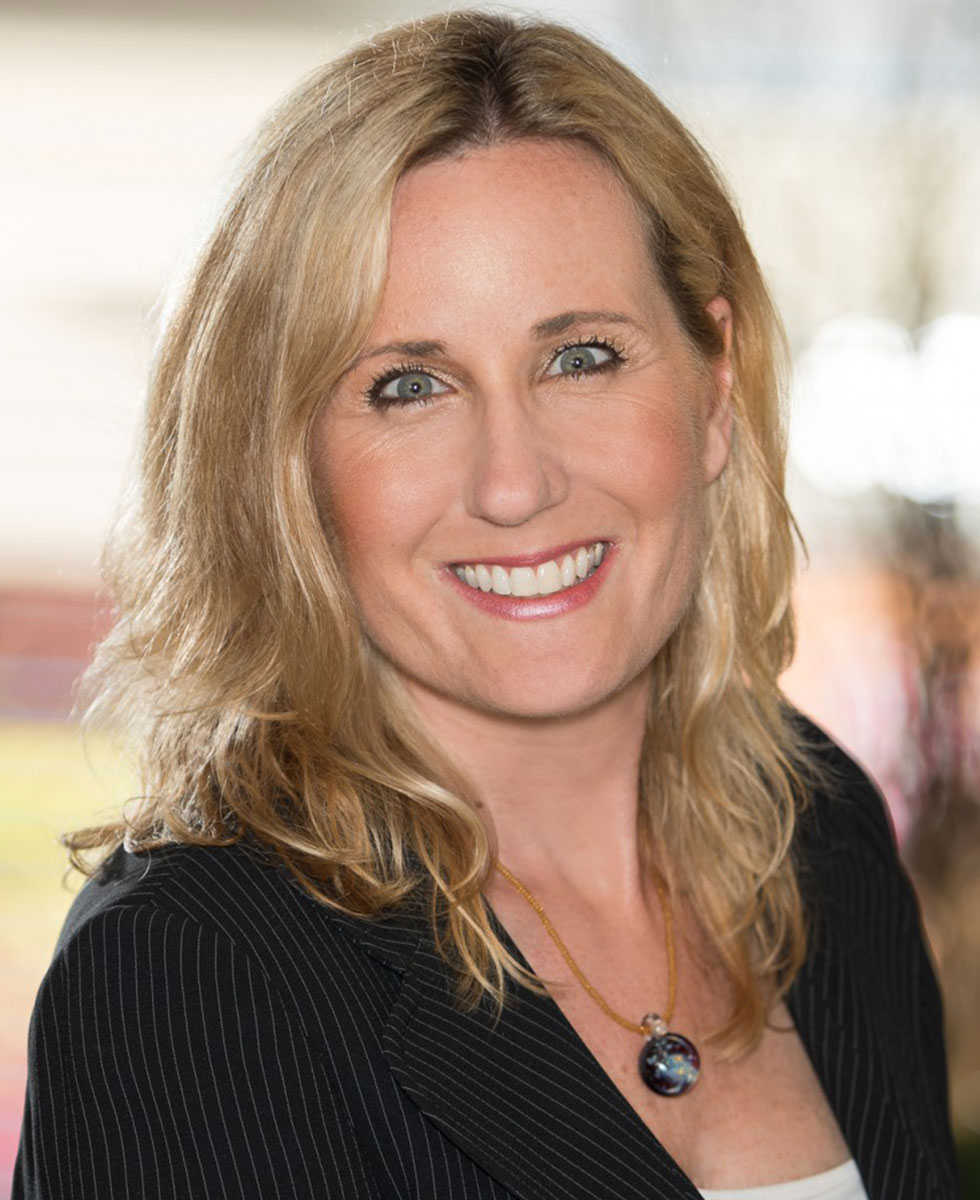
Alexander G. Andrews ’55
Margo M. Bentley ’86
Robert A. Binkowksi ’73
Michael J. Cherrin ’68
Larry Dropiewski ’68
Dean F. Eldon ’85
James H. Finney ’60
Melvyn S. Goldstein ’65
Professor Emeritus Otto Hetzel
Jaroslaw Karpinsky ’77
Robert J. Kippert Jr. ’77
Armand D. Kunz ’63
Charles Palmer Lamb ’61
Martin M. Miller ’55
Frumeth Polasky ’75
Charles D. Riley ’87
Frederick L. Schmoll III ’69
Walter “Scott” Szpara ’79
Paul Vincent ’67
Victor Walbridge ’13
David G. Woods ’77
Jack D. Wootton ’50
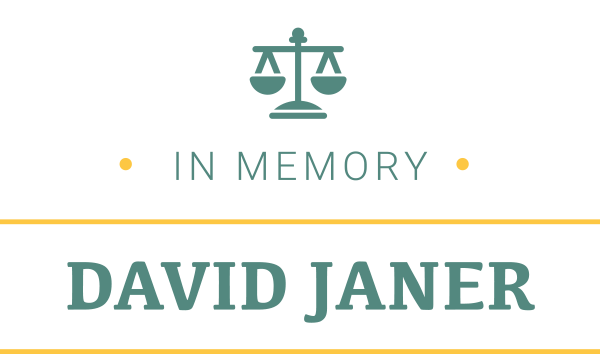
FEB. 2, 1993 – FEB. 15, 2020

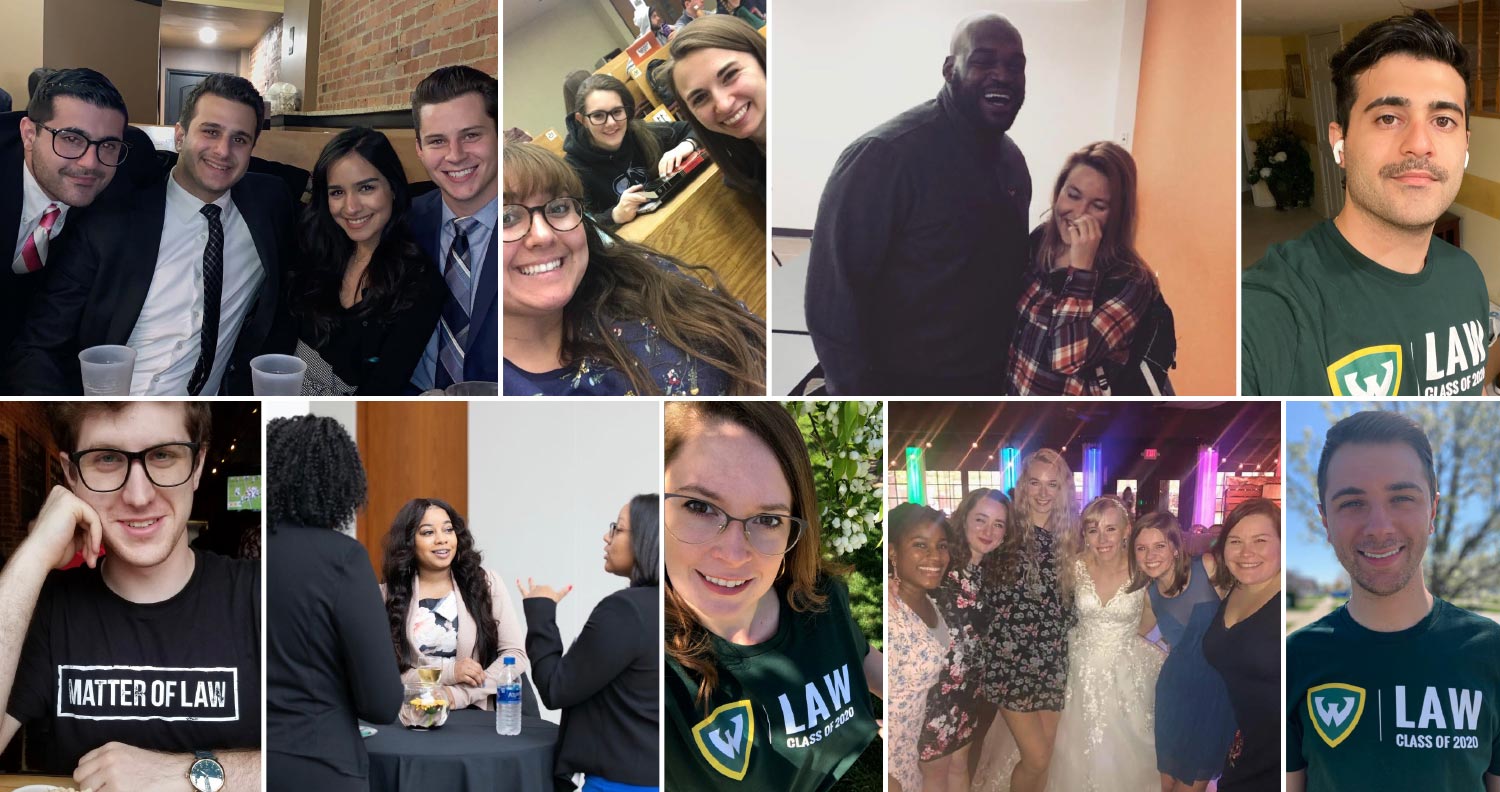
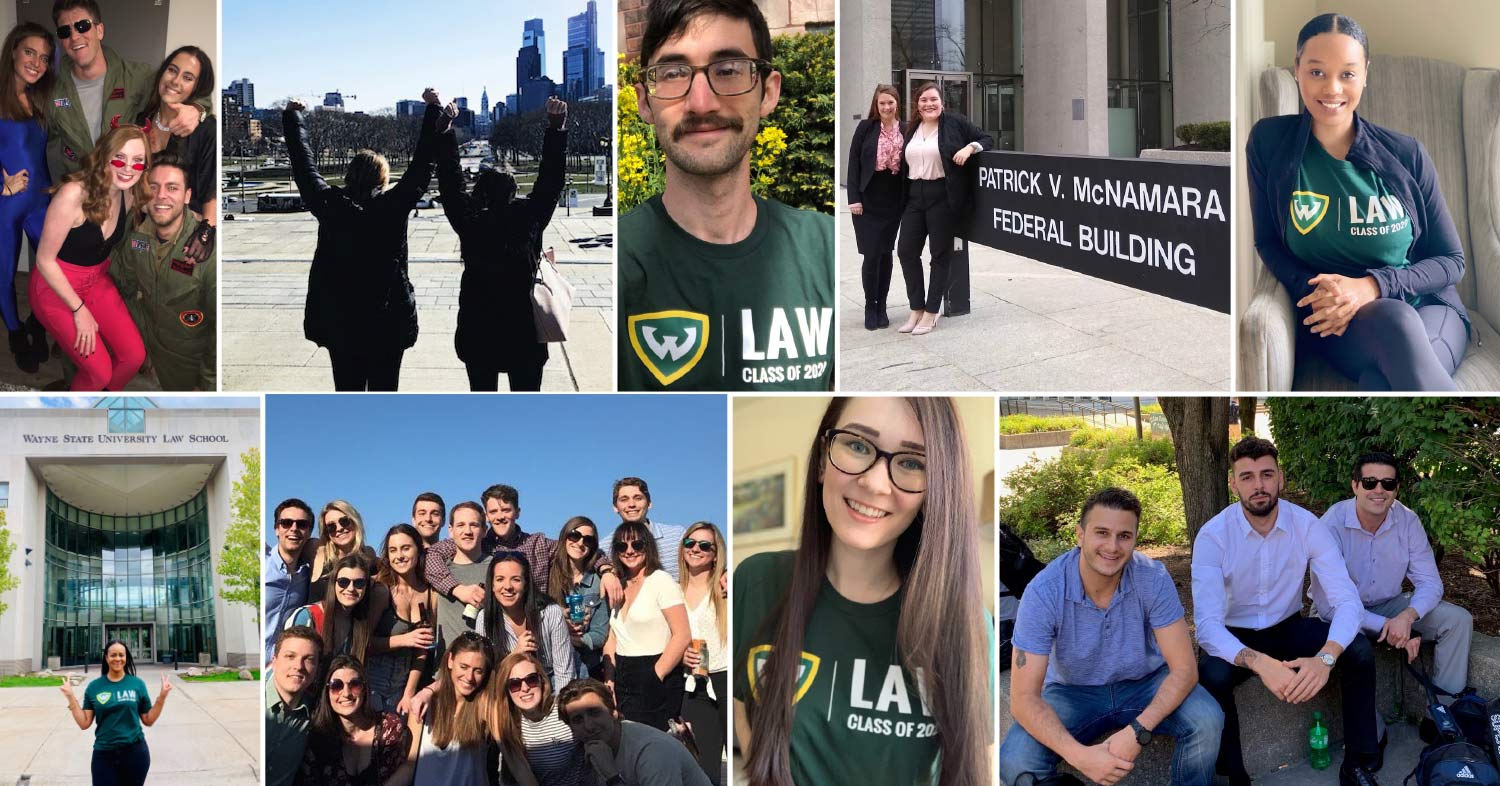
The virtual celebration included class T-shirts, photo submissions from the grads’ time in law school, e-cards, social media graphics and posts throughout the day, as well as a special video and website.
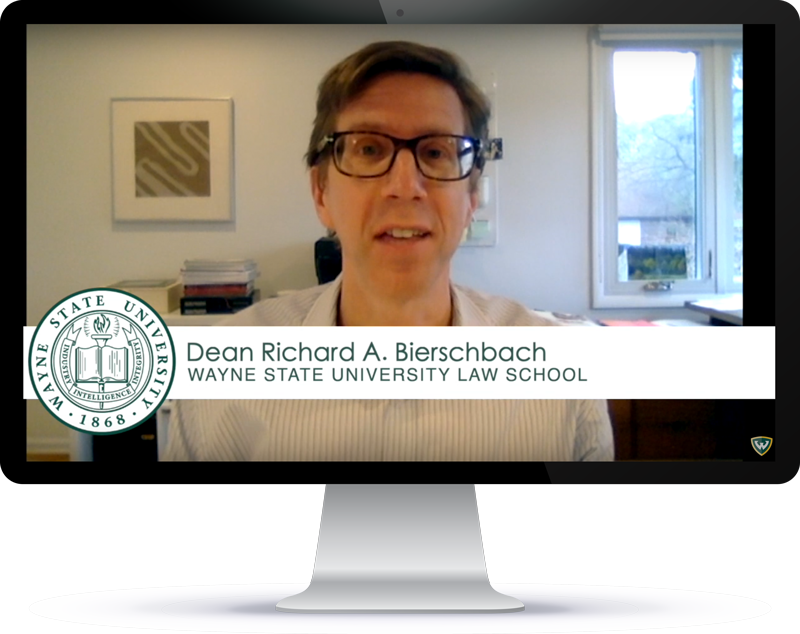

To the faculty and staff of Wayne State University Law School,
Without your efforts to adapt our classes to a virtual format, finishing this year might not have been possible. And we know that many of you taught us while attempting to teach your own children, while caring for sick loved ones, and while you yourselves adjusted to this new normal.
Nonetheless, you put on a strong face for us. You adapted your lessons with remarkable ease. You showed us your pets and your kids to lighten the mood. You responded to our panicked emails with reassurance and understanding. Your lectures served as a comforting return to normalcy in unprecedented times. And throughout it all, you refused to sacrifice the quality of your teaching.
With the most heartfelt of thanks,
The Wayne Law Class of 2020
Presented on May 4, 2020
Read the complete letter at go.wayne.edu/lawgrad.

